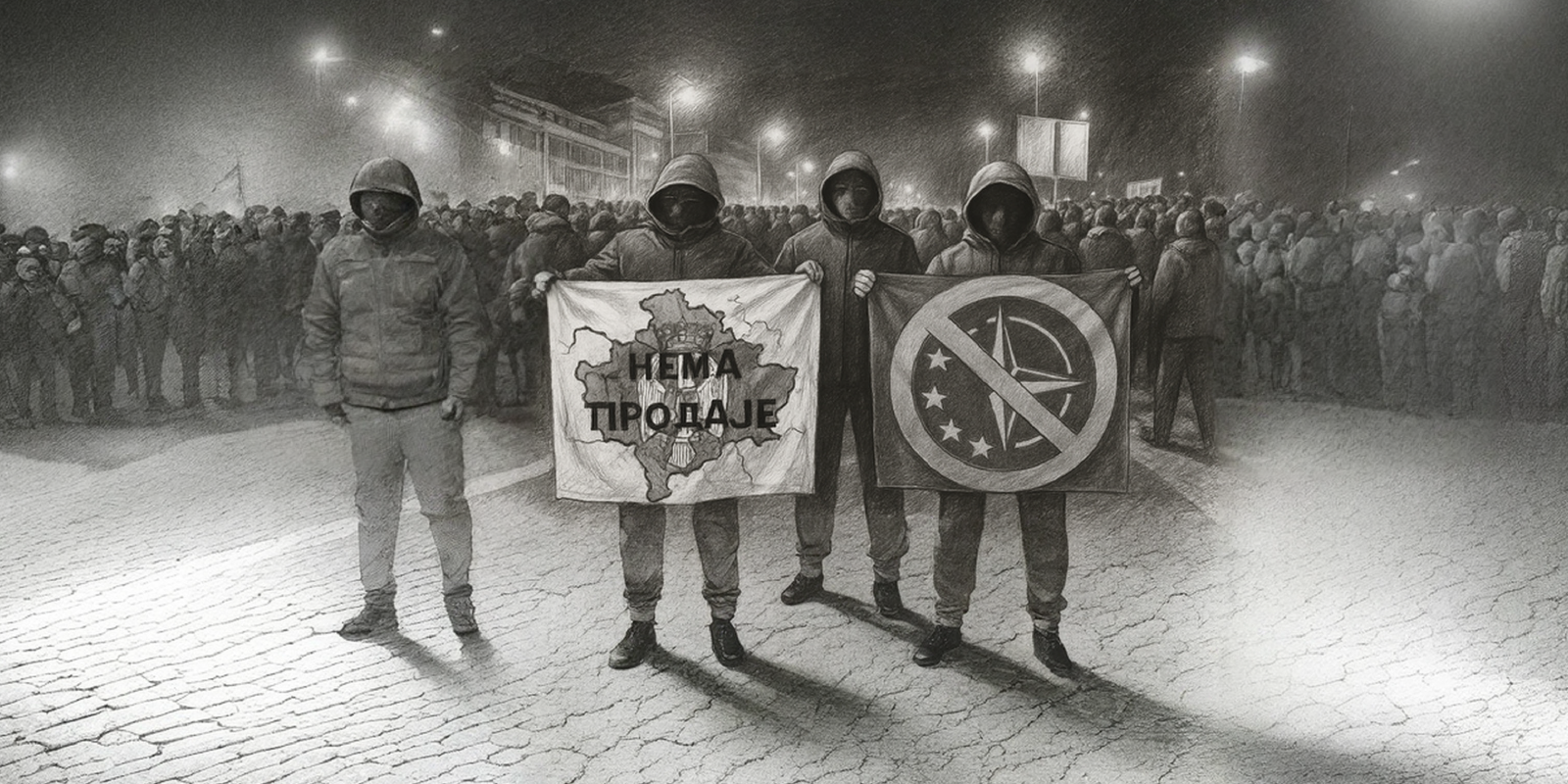PUBLICATION: Analysis
Simul in the Middle East: Regional Strategic Ramifications of Israel and Hezbollah’s War
This report aims to explore the background of the Hezbollah-Israel conflict and the context surrounding their most recent war. It argues that the causes and consequences of this war have both domestic and broader regional and international dimensions.
The report underlines the significant ramifications of this war by analysing the origins, progression, and outcomes of the conflict at both domestic and regional levels, as well as its international resonance. Additionally, it presents policy recommendations to address these challenges, particularly in Lebanon, focusing on containing Hezbollah and strengthening state governance.
Eventually, the report highlights two main findings: first, the conflict underscores the profound geopolitical interconnections within the Middle East, illustrating how instability in one nation can create a ripple effect throughout the region, ultimately impacting its overall stability. Second, it stresses the urgent need for carefully considered and well-informed policies to navigate the complexities and interdependencies inherent in the region.
DETAILS
AUTHORS
SHARE
PDF PREVIEW
RELATED

Date: 22.10.2025.
Author: Jelena Pejić Nikić |
This policy paper examines Western Balkan stakeholders' perspectives on what is needed for meaningful enlargement and the EU reforms they consider essential for an effective expanded Union. Field research in spring and summer 2024 included 16 high-level interviews with representatives from all six countries of the region.

Date: 13.10.2025.
Author: Belgrade Centre for Security Policy
The subject of analysis is the content related to student and civic protests distributed on the Telegram channel “BUNT je stanje duha.”

Date: 04.08.2025.
Author: Vuk Vuksanović |
The analysis is based on the "Security Radar" public opinion survey conducted by the Friedrich Ebert Stiftung in selected European countries, including Serbia, and a comparison of public opinion findings for 2022 and 2025.



